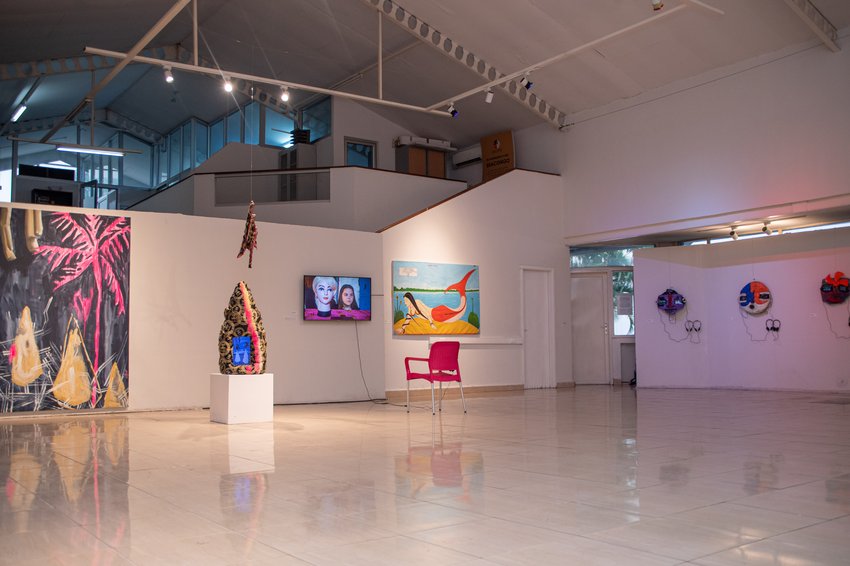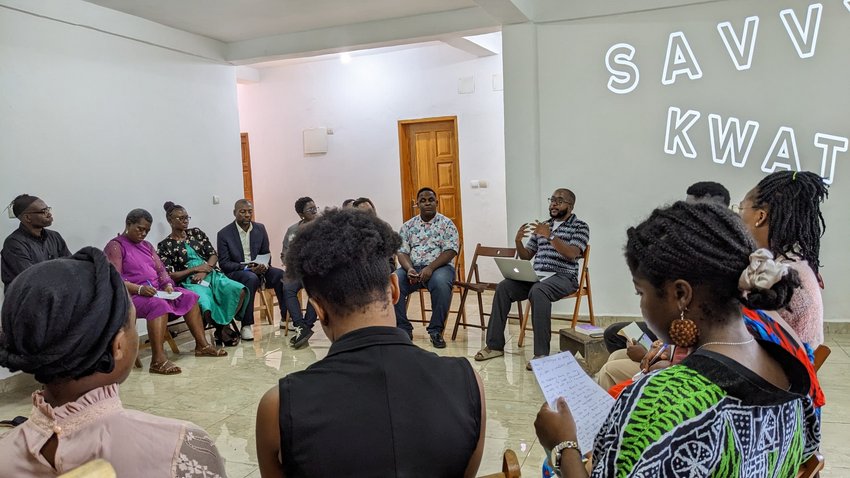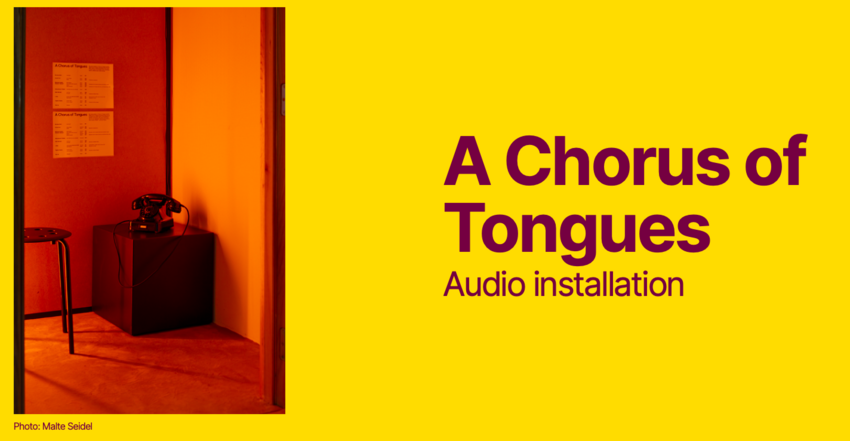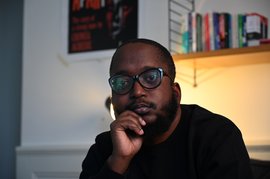Dzekashu MacViban
Scholarship for artists, arts-based researchers, and curators at the VALIE EXPORT Center Linz 2025/26
Dzekashu MacViban is a writer, curator, publisher and editor. His research and curatorial practice take as a departure point indigenous epistemologies, linguistic disobedience, and Afro-diasporic discourse to investigate the relationship between the politics of identity, spatiality, and how these intersect with individual and collective histories and historical erasure. He is the founder of Bakwa, an organization that empowers African creatives through multimedia publishing, audio, and translation projects through Bakwa Books and Bakwa Magazine. He is a recipient of an Akademie Schloss Solitude fellowship and a Moving Africa fellowship, among others.
His current project, titled “Archives of Disappearance: On Reclaiming Silenced Histories” investigates how pluri-disciplinary artists in Cameroon and Austria use video, found footage, installation, and performance to address historical erasure, and the invisibility of marginalized communities. The project researches what kinds of archives artists build in the face of historical erasure? It then extends into more complex questions: How does media art, particularly through video and installation, intervene in dominant accounts of history? How do artists from Cameroon and Austria confront different forms of silence, political, social, or psychological, and how do these silences manifest through creative strategies? What can be learned from staging a dialogue between these two contexts, especially at a moment when historical revisionism and cultural polarization are on the rise?
The project draws from theorists such as Ariella Azoulay, whose concept of the potential history of archives opens the way for imagining alternative historical practices rooted in refusal, repair, and speculation. Similarly, Saidiya Hartman’s method of “critical fabulation” informs the ways this project reads media art as not simply documentation but as generative fiction-making in the service of truth. Thus, the theoretical framework privileges the archive not as a static repository but as a field of contestation; a site of absence, affect, and radical reconstitution.



